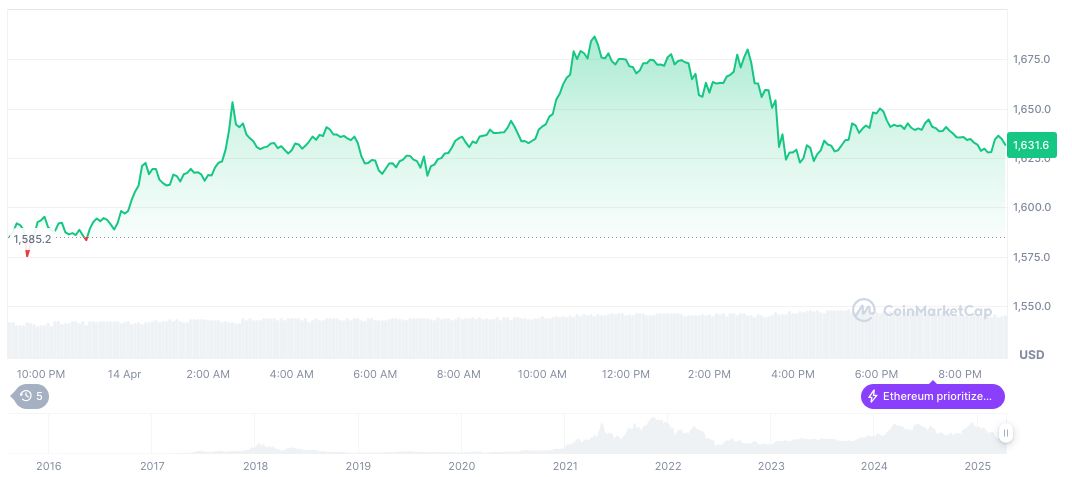- Bank of America survey highlights bearish sentiment and reduced US stock allocation.
- 82% predict global economic weakening; highest pessimism level in 30 years.
- Emerging markets and cash allocations grow amid growing economic uncertainties.
The Bank of America Global Fund Manager Survey, conducted in April 2025, has revealed a heightened level of pessimism among fund managers, who believe the global economy is set to weaken further. The survey indicates a potential downturn in global growth, influencing reallocation from US equities to cash and emerging markets.
The survey, conducted by Bank of America, underscores a historic bearish sentiment with 82% of fund managers expecting economic deterioration. Additionally, 42% anticipate a global recession, marking increased caution among investors. This skepticism has led to a significant reduction in US equities, with a net 23% underweight allocation.
Survey Reveals Historic Bearish Sentiment
The shift in allocation reflects a broader trend where investors are reallocating assets towards the Eurozone and emerging markets. With a record decline in US equity allocation, cash levels have risen significantly, marking a 4.1% increase, the largest since December 2021. Concerns about high market valuations and geopolitical uncertainties are driving these changes.
Michael Hartnett, BofA’s Chief Investment Strategist, notes that the pessimism might offer contrarian investment opportunities as investors boost their cash positions. He stated, “The swift deterioration in investor sentiment reflects the end of a correction in the U.S. equity market,” highlighting the scale of pessimism. Nonetheless, strategists remain cautious, emphasizing the challenges of US “exceptionalism” and tariffs affecting sentiment.
Michael Hartnett, BofA’s Chief Investment Strategist, notes that the pessimism might offer contrarian investment opportunities as investors boost their cash positions. He stated, “The swift deterioration in investor sentiment reflects the end of a correction in the U.S. equity market,” highlighting the scale of pessimism. Nonetheless, strategists remain cautious, emphasizing the challenges of US “exceptionalism” and tariffs affecting sentiment.
Economic Pessimism and Its Implications for Cryptos
Did you know? The current bearish sentiment among fund managers mirrors levels last seen during the financial crises of 2007 and 2011, highlighting the severity of recent economic concerns.
Ethereum (ETH) trades at $1,638.60 with a market cap of $197.77 billion, captured amid volatile trends. Data indicates historical fluctuations: down 15.23% over 30 days and 49.09% over 90 days. Sources: CoinMarketCap 2025 update.

The Coincu research team suggests that economic pessimism could shift interest towards cryptocurrencies, paralleling sentiment shifts seen during prior downturns. With regulatory and trade factors at play, the financial landscape could see a rise in alternative assets, though cautions remain amid broader uncertainty as outlined in Strategic Insights and Market Outlook for 2025 by State Street.























